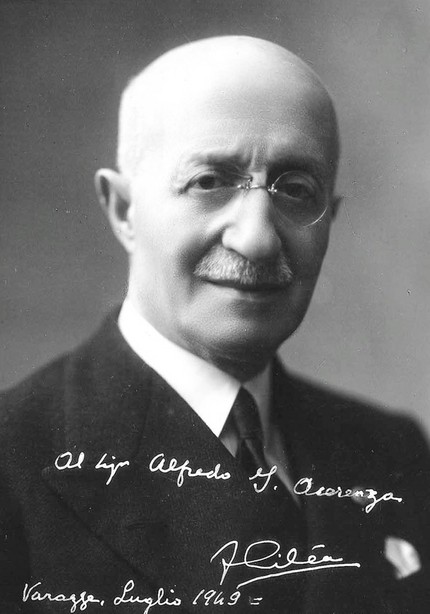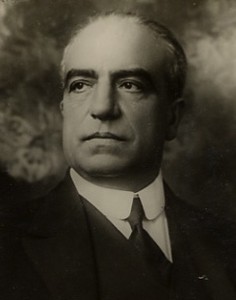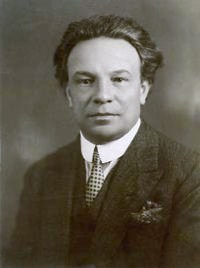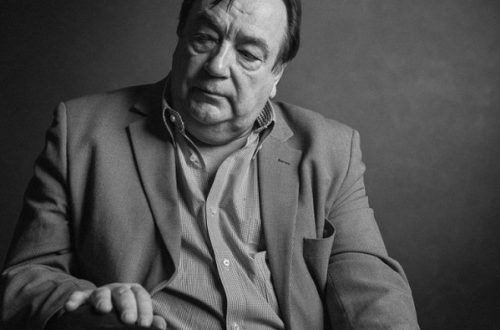
Francesco Cilea |
Francesco Cilea

Cilea entered the history of music as the author of one opera – “Adriana Lecouvreur”. The talent of this composer, as well as many of his contemporary musicians, was overshadowed by the achievements of Puccini. By the way, Cilea’s best opera was often compared with Tosca. His music is characterized by softness, poetry, melancholy sensitivity.
Francesco Cilea was born on July 23 (in some sources – 26) July 1866 in Palmi, a town in the province of Calabria, in the family of a lawyer. Destined by his parents to continue his father’s profession, he was sent to study law in Naples. But a chance meeting with fellow countryman Francesco Florimo, friend of Bellini, curator of the library of the College of Music and music historian, dramatically changed the fate of the boy. At the age of twelve, Cilea became a student of the Naples Conservatory of San Pietro Maiella, with which most of his life later turned out to be associated. For ten years he studied piano with Beniamino Cesi, harmony and counterpoint with Paolo Serrao, a composer and pianist who was considered the best teacher in Naples. Cilea’s classmates were Leoncavallo and Giordano, who helped him stage his first opera at the Maly Theater of the Conservatory (February 1889). The production attracted the attention of the famous publisher Edoardo Sonzogno, who signed a contract with the composer, who had just graduated from the conservatory, for a second opera. She saw the limelight in Florence three years later. However, the life of the theater full of excitement was alien to the character of Cilea, which prevented him from making a career as an opera composer. Immediately after graduating from the conservatory, Cilea devoted himself to teaching, to which he devoted many years. He taught piano at the Conservatory of Naples (1890-1892), theory – in Florence (1896-1904), was director of the conservatory in Palermo (1913-1916) and Naples (1916-1935). Twenty years of leadership of the conservatory, where he studied, made noticeable changes in the training of students, and in 1928 Cilea attached the Historical Museum to it, fulfilling the old dream of Florimo, who once determined his fate as a musician.
Cilea’s operatic work lasted only until 1907. And although in a decade he created three works, including the successfully staged in Milan “Arlesian” (1897) and “Adriana Lecouvreur” (1902), the composer never abandoned pedagogy and invariably rejected the honorary invitations of many musical centers in Europe and America, where were these operas. The last was Gloria, staged at La Scala (1907). This was followed by new editions of the Arlesian (Neapolitan theater of San Carlo, March 1912) and only twenty years later – Gloria. In addition to operas, Cilea wrote a large number of orchestral and chamber compositions. The last, in 1948-1949, were written pieces for cello and piano. Leaving the Naples Conservatory in 1935, Cilea retired to his villa Varadza on the coast of the Ligurian Sea. In his will, he gave all the rights to the operas to Verdi’s House of Veterans in Milan, “as an offering to the Great, who created a charitable institution for poor musicians, and in remembrance of the city, which first took upon itself the burden of christening my operas.”
Chilea died on November 20, 1950 at the Varadza villa.
A. Koenigsberg





